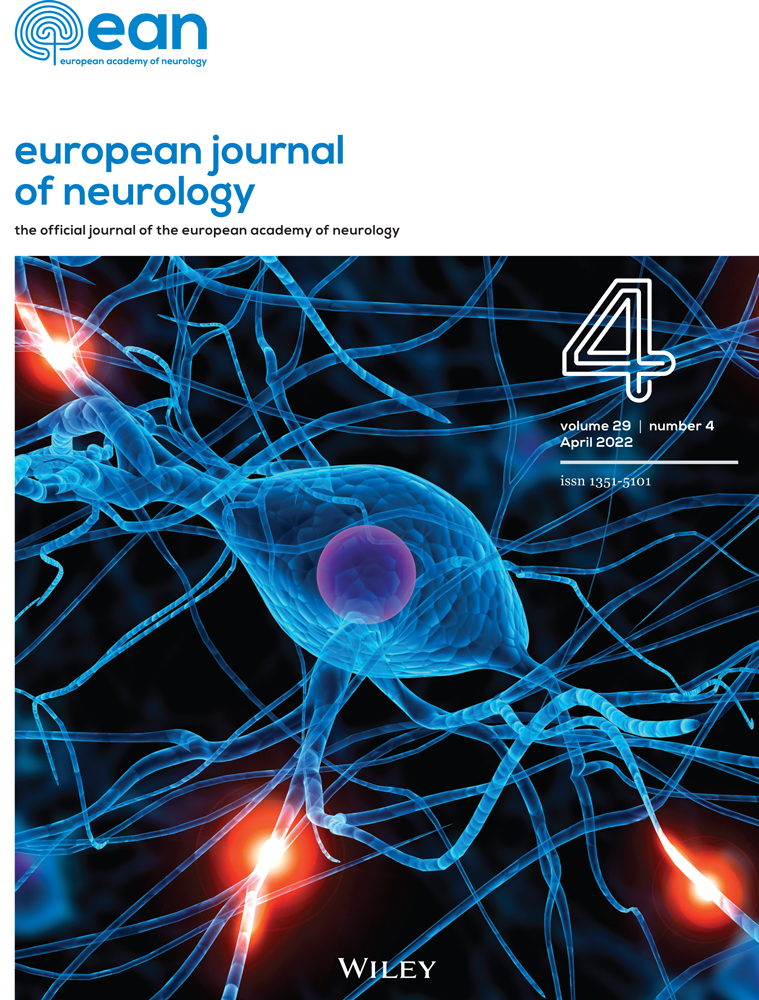Amantadine treatment and delayed onset of levodopa-induced dyskinesia in patients with early Parkinson's disease
Chi-Chuan Wang and Tsai-Ling Wu contributed equally to this study as co–first authors.
Funding information
This study was funded in part by research grants from the Ministry of Science and Technology (MOST 105-2320-B-002-010; MOST 109-2636-B-002-002), the National Science Council (NSC 102-2314-B-002-111-MY3), and the National Taiwan University Hospital in Taiwan. The funders had no role in the study design, data collection and analysis, result interpretation, publication decision, or manuscript preparation
Abstract
Background and purpose
Levodopa-induced dyskinesia (LID) is a common motor complication in patients with Parkinson's disease (PD). Although amantadine is indicated for LID treatment, it is uncertain whether early treatment with amantadine reduces the risk of LID in patients with PD. We aimed to evaluate the association between amantadine treatment and LID onset in patients with early-stage PD.
Methods
This was a hospital-based retrospective cohort study that used electronic medical records from January 1, 2009 to October 31, 2016. The effect of amantadine on LID onset was compared with those of anticholinergics and monoamine oxidase type B inhibitors in patients with PD. Propensity-score weighting and landmark analysis were used to reduce potential confounding. The time to LID onset was analyzed using Cox models. Sensitivity analyses were performed to determine the robustness of the results.
Results
The analyses included 807, 661, and 518 patients at 6-, 12-, and 18-month landmark points, respectively. Amantadine use was associated with delayed LID onset in the 6- and 12-month landmark analyses, with adjusted hazard ratios of 0.65 (95% confidence interval [CI] = 0.49–0.86) and 0.64 (95% CI = 0.47–0.88), respectively. Sensitivity analysis findings were comparable to those of the main analysis.
Conclusions
Early treatment with amantadine may delay LID onset more than treatment with other symptomatic agents. Further studies are needed to elucidate the mechanism of amantadine in LID onset delay and to validate our findings.
CONFLICT OF INTEREST
Tsai-Ling Wu and Fang-Ju Lin have nothing to declare. Chi-Chuan Wang was provided grants from the Ministry of Science and Technology of Taiwan. Ruey-Meei Wu reported a grant from the National Science Council of Taiwan.
Open Research
DATA AVAILABILITY STATEMENT
The data that support the findings of this study are available on request from the corresponding author. The data are not publicly available due to privacy or ethical restrictions.




